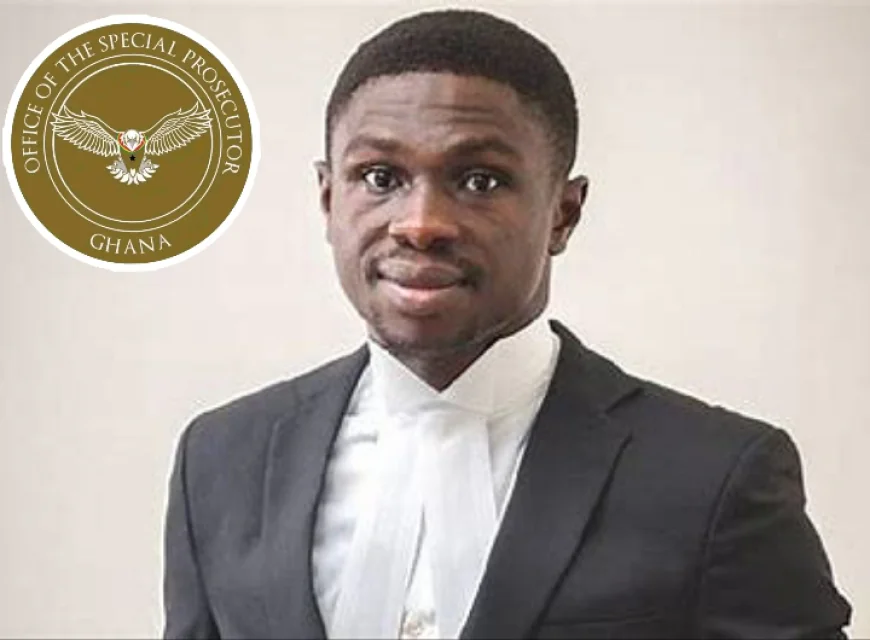OSP Pushes for Overhaul of Political Party Financing System: Says EC’s Dual Role Breeds Conflict of Interest
Sammy Darko warns Electoral Commission’s dual role undermines transparency and accountability in democracy

The Office of the Special Prosecutor (OSP) is calling for sweeping reforms in Ghana’s political financing system, arguing that the current regulatory framework poses serious risks to transparency, fairness, and accountability.
Sammy Darko, Director of Strategy, Research and Communication at the OSP, stated that the Electoral Commission (EC) should no longer be responsible for both organizing national elections and regulating political party finances — a dual function he said creates a “clear conflict of interest.”
“You can not be the referee and the one auditing the teams at the same time,” Mr. Darko emphasized.
■ Call for an Independent Oversight Committee
To address this challenge, the OSP is proposing the establishment of a separate and independent committee solely dedicated to monitoring and auditing political party financial activities. This body, the OSP insists, must operate independently of the EC to safeguard Ghana’s democratic process from financial manipulation and undue influence.
■ Concerns Over Accountability and Transparency
According to the OSP, the current arrangement does not allow for sufficient scrutiny of political party funding, especially with regard to sources of campaign finance, party donations, and expenditures. The lack of transparency, they warn, could open the door to corruption and allow powerful interests to unduly influence electoral outcomes.
■ Next Steps for Reform
While no official proposal has yet been tabled before Parliament, the OSP’s stance is expected to fuel a broader national conversation around electoral reforms and the integrity of Ghana’s democratic institutions. Civil society groups and governance think tanks are likely to weigh in as the pressure mounts for greater financial accountability in politics.


